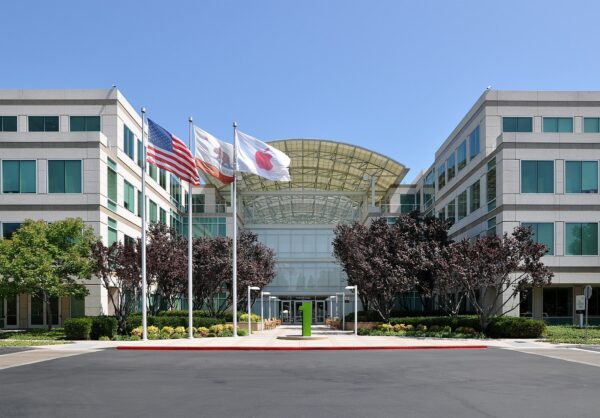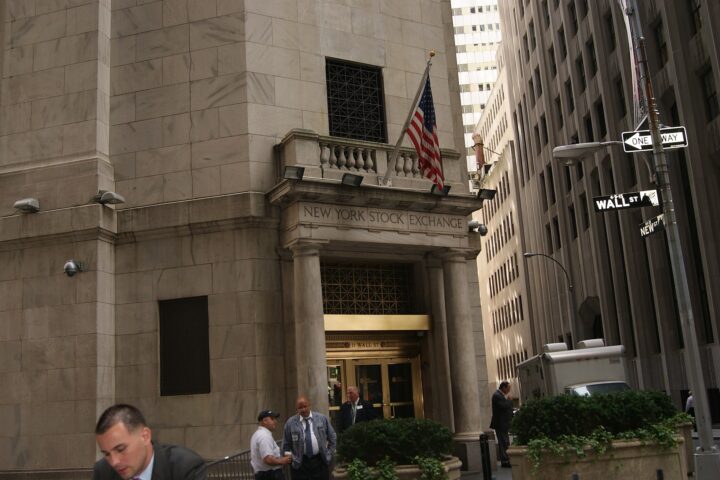Apple Inc. reportedly experienced a staggering loss of over $250 billion in market value on Thursday, with shares plummeting by as much as 8.5%. This decline followed President Donald Trump’s announcement of sweeping tariffs that are set to take effect on April 5.
The tariffs, which start at 10% for most goods and are as high as 54% for certain imports from China, triggered a broader sell-off in the tech sector.
Other major tech companies such as Tesla, Nvidia, and Meta also saw their shares drop by around 6%, while Amazon’s stock fell by 7.2%.
Wall Street analysts from Wedbush Securities characterized these tariffs as “worse than a worst-case scenario” for tech investors, highlighting the uncertainty they create.
The White House claims that the tariffs are essential for boosting domestic manufacturing and are not merely a negotiation tactic, with Trump describing them as a means to “liberate” the American economy.
These new import taxes will impact all of Apple’s key suppliers and manufacturing hubs located in Asia—including China, Taiwan, India, and Vietnam—despite CEO Tim Cook’s efforts to engage with the administration.
Consequently, every model of Apple’s products, including iPhones, iPads, and Macs, will be affected. This situation leaves Cook with a difficult choice: increase prices for consumers or absorb the financial hit, potentially wiping out billions in profit.
The ramifications of these tariffs extend beyond immediate market fluctuations, posing long-term threats to the tech industry’s stability and growth.
As the situation develops, Apple and other tech firms face significant challenges in navigating the shifting economic landscape shaped by these policies.
[READ MORE: Chinese Cybersecurity Expert ‘Disappears’ After FBI Raid]









